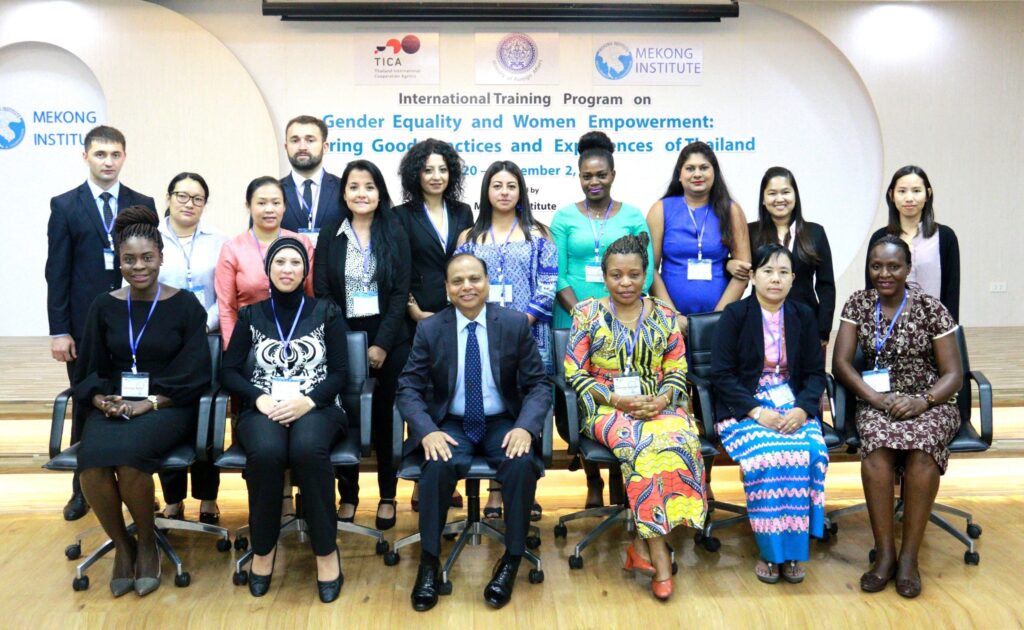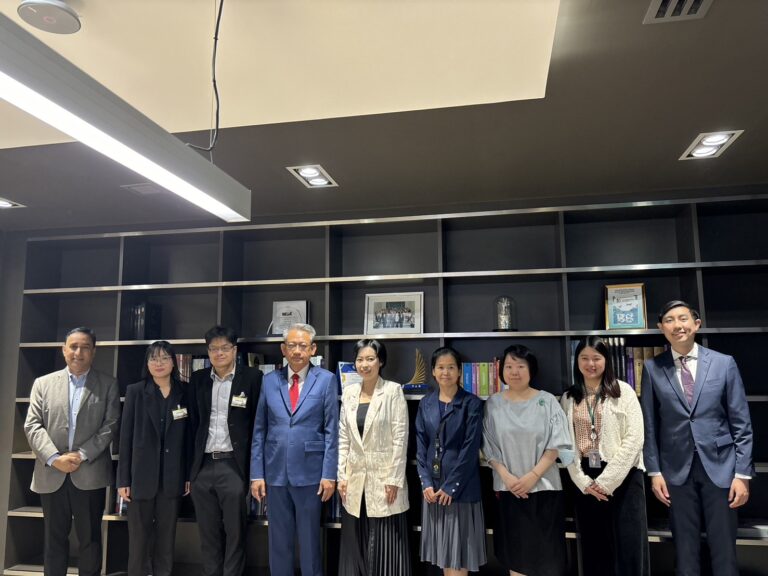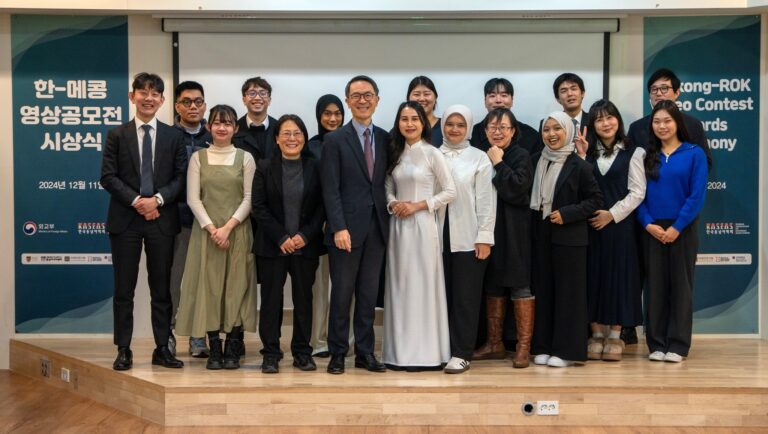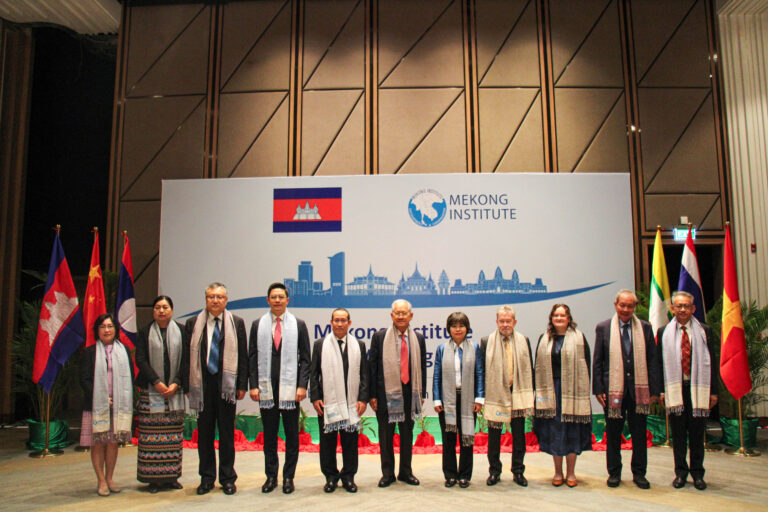Mekong Institute (MI), in cooperation with the Thailand International Cooperation Agency (TICA), is conducting a training program on Gender Equality and Women Empowerment: Sharing Good Practices and Experiences of Thailand at its residential training center in Khon Kaen. The training program, which runs from August 20 to September 2, 2019, is attended by government representatives from 18 countries working in ministries and agencies related to education, planning and international relations, foreign affairs, social and economic inclusion, gender equality, women and children welfare and social development, among others.
The two-week training covers four modules on gender equality and women’s political and economic participation, gender-based violence and gender advocacies, and gender planning and mainstreaming. By sharing and analyzing experiences of Thailand, the training aims to equip participants with increased knowledge on gender equality initiatives and implementation as well as heightened appreciation of gender-sensitive planning and budgeting. The training’s participatory learning approach is also complemented by structured learning visits to observe women-led entrepreneurship programs and women protection bodies in the country.
In his Opening Remarks, Mr. Sudam Pawar, Director of MI’s Innovation and Technological Connectivity Department, highlights gender equality as one of the top priorities in the global development agenda. “Goal No. 5, which focuses on achieving gender equality and empowering all women and girls, overarches the social, political, and economic development of any country.” He continues: “In the case of Thailand, promoting women’s rights and empowerment are reflected on various reforms that the country has undertaken. From signing international agreements to establishing gender-sensitive policies, Thailand has a lot to share in moving toward a more gender equal world.” He also encouraged participants to actively partake in discussions and utilize their gained knowledge in their respective countries.
Sessions for this course will be delivered by subject-matter experts including Mrs. Ruengrawee Pichaikul, Director, Gender and Development Research Institute; Dr. Sasiwimon Warunsiri Paweenawat, Assistant Professor, School of Economics, University of the Thai Chamber of Commerce; Ms. Kopila Thapa, Gender and Development Coordinator, Asian Institute of Technology; and Ms. Somsri Chongpensuklert, Social Development Worker, Department of Women’s Affairs and Family Development.
While Thailand has intensified strides in promoting women’s rights, it continues to acknowledge that gender equality and women empowerment is a continuous transformation that requires political will and commitment from all sectors. Through this training program, MI and TICA hope that the participants can capture good practices and lessons-learned, from which they can tailor and apply appropriate strategies to create inclusive societies and champion equality for all.







